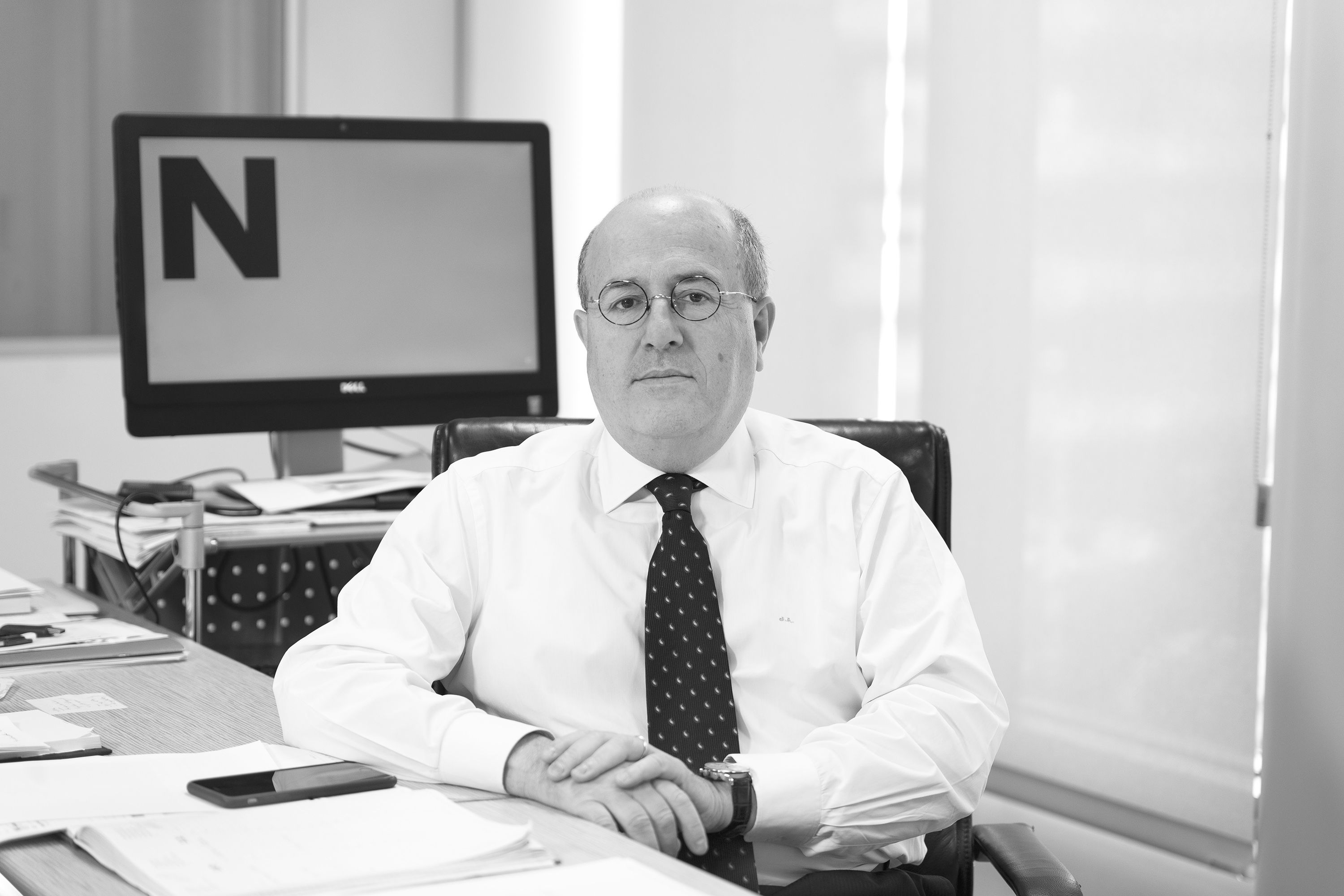Those of us who aren't from Madrid, we remember the plaza de Colón (Columbus square) from when, in 2001, then defence minister Federico Trillo, enacting an idea from José María Aznar, ordered the installing of a 50-metre pole on which there has ever since flown the largest Spanish flag in the world, 14x21m, in other words, 294 square metres (3200 square feet). On one side of the square are the Jardines del Descubrimiento ("Gardens of the Discovery [of America]"), there's also a neo-gothic monument to Christopher Columbus and not far away are parts of the political Madrid, with PP's headquarters on calle Génova; legal Madrid, with the seats of the Supreme Court and the National Audience and the former's prosecution service; the calle de la Armada Española ("Spanish Navy street"), the National Archeological Museum and the Wax Museum. Also in the area is the restaurant Centro-Colón, where Catalan public broadcaster TV3 had made reservations for its staff who are going to cover the Catalan referendum trial which the Madrid firm cancelled unilaterally.
That preamble out of the way, plaza de Colón will this Sunday be the new plaza de Oriente, where declared Francoists, those nostalgic for the period and those dressed up as the moderate right or even liberals, have called their sympathisers for something as simple as "throwing out [prime minister] Pedro Sánchez" for the crime of "high treason". The supposed constitutionalists, wanting to end with a constitutional prime minister. The right is limbering up on the back of Catalonia once again. Nothing very different to the tables around Spain to sign a petition against the new Statute of Autonomy in 2006 where, supposedly, 4,000,000 people supported the suppression of "Catalonia's privileges". We know how that adventure ended: nothing works as well in Spain as campaigns against Catalonia.
Now, Pablo Casado, Albert Rivera and Santiago Abascal, the triplets of this new Spain, ready to destroy any bridge for dialogue with Catalonia, have raised hell over a simple rapporteur in the conversations between Spanish and Catalan parties to look to find a solution to the conflict. I've said it from the start: my confidence over the advances there could be between the government of Pedro Sánchez and the Catalan independence movement is almost nil. Sánchez doesn't have the wherewithal to withstand a challenge from senior figures in his party, nor is he in any shape to challenge the media Madrid, legal Madrid and who knows maybe even the royal Madrid. So what's he doing? Perhaps just looking if he's got room to make any future moves. Or, who knows, perhaps even trying to gain the trust of independence supporters to ensure his budget is passed.
Or, maybe, it's all even more outlandish: now, with everything that's rained down on him, he can tell independence supporters that he's tried and they should go with care because this Spain of the triplets is the one to come is he falls. But there's something more concerning than Sánchez's moves, always difficult to interpret: the evidence that it's impossible to reach a dialogue with the possibility of an agreement for a referendum.

